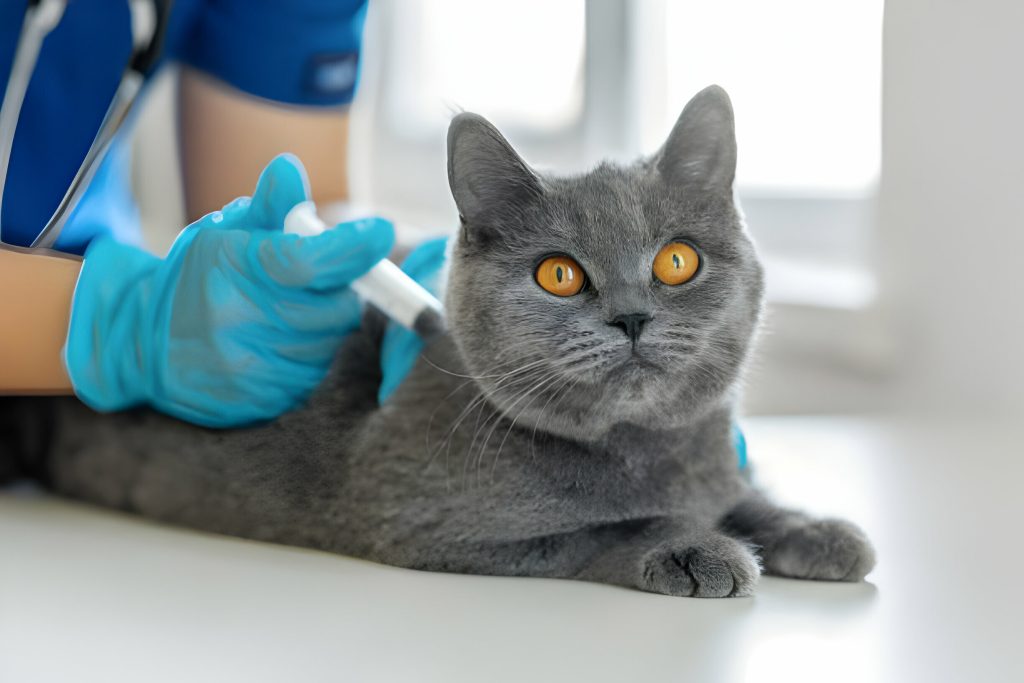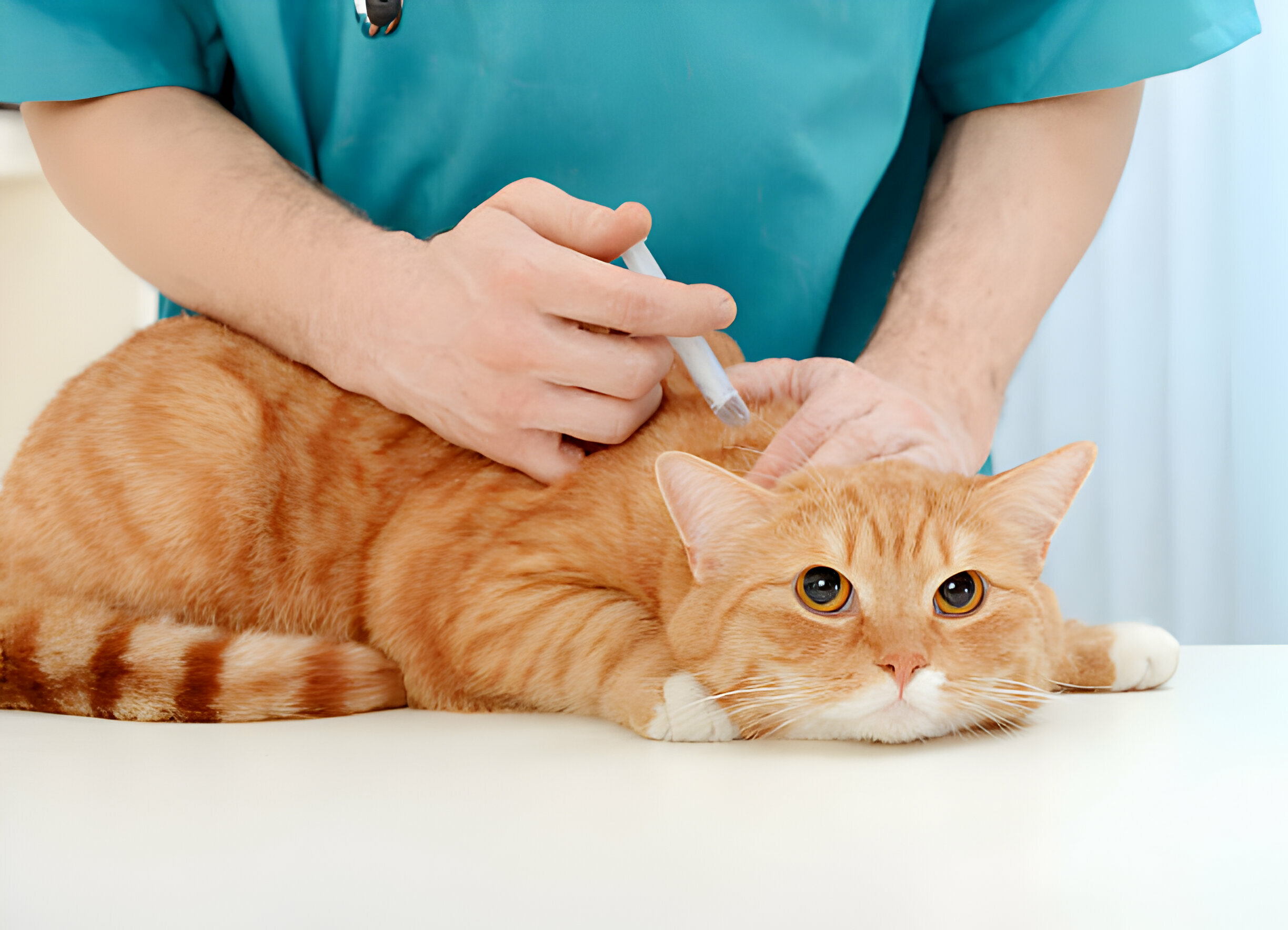Discover effective alternatives to sub-Q fluids for cats. Learn about oral rehydration, IV therapy, dietary changes, and more for your pet’s health.
Cats, like any other pets, require precise medical attention once they face health issues. One commonplace treatment for diverse ailments, particularly in older cats, is subcutaneous (sub-Q) fluids. However, there are probably conditions wherein options to sub-Q fluids are vital. This weblog post delves into diverse alternatives that can be considered as alternatives to sub-Q fluids for cats, making sure your pussycat pal receives the greatest care possible.
Understanding the Need for Sub-Q Fluids in Cats
Before exploring the alternatives, it’s essential to recognize why sub-Q fluids are usually used. They are mainly administered to cats managing chronic kidney disease, dehydration, or other conditions that affect fluid stability. The fluids help in keeping hydration and electrolyte stability.
However, in some cases, administering sub-Q fluids might not be feasible due to factors like the cat’s temperament, the owner’s comfort level with the procedure, or specific medical conditions that make this treatment inappropriate.
Read also: Why Am I Craving Watermelon

Alternatives to Sub-Q Fluids for Cats
Oral Rehydration Solutions
One of the simplest alternatives to sub-Q fluids is oral rehydration. Special rehydration solutions can be given to cats to ensure they maintain fluid balance. These are especially useful in cases of mild dehydration or as a preventive measure.
Intravenous (IV) Fluid Therapy
In more severe cases, where sub-Q fluids are not sufficient, intravenous fluid therapy might be necessary. This is typically done in a veterinary clinic and is used to correct severe dehydration or electrolyte imbalances quickly.
Dietary Adjustments
Adjusting your cat’s diet can also play a significant role in managing conditions that would typically require sub-Q fluids. Feeding wet food, which has a higher moisture content, can help in maintaining hydration. Additionally, specific diets formulated for kidney health or other conditions can be beneficial.
Medications
Certain medications can help in conditions where sub-Q fluids are usually prescribed. These medications can address underlying issues like kidney disease or help in better fluid retention in the body.
Hydration Supplements
There are various hydration supplements available that can be added to your cat’s food or water. These supplements are designed to encourage water intake and provide additional electrolytes.
Choosing the Right Alternative
The choice of an alternative to sub-Q fluids depends on various factors like the severity of the condition, the cat’s overall health, and what is practically feasible for the pet owner. It’s essential to consult with a veterinarian to make an informed decision.
Administering Alternatives Safely
No matter which alternative is chosen, it’s crucial to administer it safely and under the guidance of a veterinarian. Proper dosage and administration techniques are key to ensuring the health and safety of your cat.
Final Answer
While sub-Q fluids are not unusual and effective remedies for numerous pussycat conditions, there are options to be had. Whether it’s via nutritional changes, oral rehydration answers, IV fluids, medicinal drugs, or hydration supplements, each option gives an exclusive method to coping with your cat’s fitness. It’s vital to work carefully with a veterinarian to pick out the fine path of movement for your hairy pal. Remember, the goal is to keep your cat healthy, comfortable, and hydrated.

